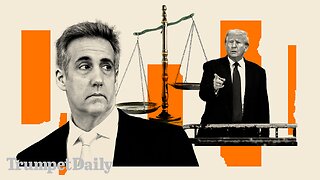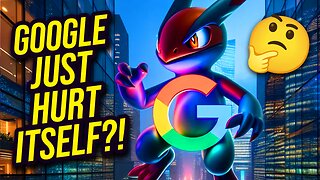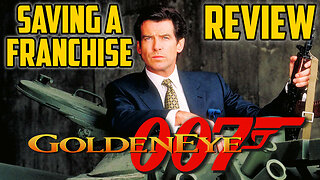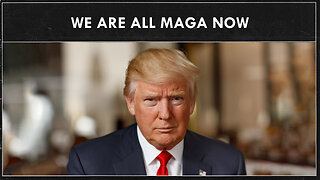The Power Of Money #money
Money is a medium of exchange that is widely accepted in transactions for goods, services, and debts. It serves as a store of value, a unit of account, and a standard of deferred payment. Money plays a crucial role in modern economies, facilitating trade, investment, and economic growth.
Here are some key points about money:
Types of Money: Money can take various forms, including physical currency (coins and banknotes) and digital or electronic money (bank deposits, digital wallets, cryptocurrencies like Bitcoin, etc.).
Functions of Money:
Medium of Exchange: Money facilitates transactions by serving as a common medium that both parties in an exchange accept.
Unit of Account: Money provides a standard measure of value, making it easier to compare the prices of different goods and services.
Store of Value: Money retains its value over time, allowing individuals to save and defer consumption to the future.
Standard of Deferred Payment: Money allows people to enter into contracts to pay for goods or services at a later date.
Currency Issuers: Governments typically issue physical currency, like coins and banknotes. Central banks often oversee the monetary system and regulate the money supply to control inflation and economic stability.
Digital Money: In today's digital age, most money exists in digital form. This includes bank account balances, online payment systems, and cryptocurrencies. Digital money offers convenience and efficiency but also raises concerns about security and privacy.
Cryptocurrencies: Cryptocurrencies like Bitcoin and Ethereum are digital currencies built on blockchain technology. They operate independently of central authorities and offer decentralized, secure, and often anonymous transactions.
Inflation: The gradual increase in the price level of goods and services, resulting in the decrease in the purchasing power of money, is known as inflation. Central banks aim to control inflation to maintain economic stability.
Investing and Saving: People use money to invest in assets like stocks, bonds, real estate, and businesses to grow their wealth over time. Saving money in interest-bearing accounts, such as savings accounts or certificates of deposit (CDs), is another way to preserve and potentially grow wealth.
Financial Planning: Money management, budgeting, and financial planning are essential skills for individuals and households to achieve their financial goals and secure their financial future.
Economic Systems: Money is a fundamental component of various economic systems, including capitalism, socialism, and mixed economies. These systems have different approaches to the distribution and regulation of wealth.
Global Finance: Money is used in international trade and finance. Exchange rates determine the value of one country's currency in terms of another's, affecting trade balances and global economic stability.
Money is a complex and multifaceted concept that plays a central role in the functioning of modern societies. It influences our daily lives, our economic decisions, and the stability of our financial systems. Understanding how money works is crucial for personal financial well-being and for participating in the broader economy.
-
 1:11:28
1:11:28
The Squad
8 hours agoArsenal's Huge Summer🚨Olise to Man Utd DEAL✅ Osimhen to Arsenal or Chelsea☑️ UCL Final Preview
9.37K5 -
 56:23
56:23
Trumpet Daily
21 hours ago $1.10 earnedCohen Is Free to Lie and Steal, but Trump Is Guilty of Something - Trumpet Daily | May 31, 2024
7.77K18 -
 8:26
8:26
MichaelBisping
20 hours agoBISPING CHOKES OUT STEVE-O! | JACKASS STAR PUT TO SLEEP BY UFC CHAMP! *FULL VIDEO*
29.8K11 -
 20:00
20:00
Clownfish TV
19 hours agoGoogle Hurt ITSELF in Its Confusion!
43.6K46 -
 24:20
24:20
Brewzle
1 day agoWe Went Unicorn Bourbon Hunting In Louisville, KY
48.3K8 -
 35:39
35:39
Degenerate Jay
22 hours agoGoldenEye 007 Saved James Bond - Movie Review
47.3K4 -
 14:54
14:54
Mr Reagan
23 hours ago $0.46 earnedWE ARE ALL MAGA NOW
39.2K81 -
 15:35
15:35
Space Ice
21 hours ago'The Beekeeper' Exposes The Dark, Gritty, & Violent World Of Apiculture - Best Movie Ever
42.8K20 -
 3:29:53
3:29:53
SonnyFaz
1 day agoEric Kelly Trains Sonny FULL STREAM
38.2K12 -
 9:32
9:32
China Uncensored
16 hours agoBad Things Are Happening In Taiwan...
41.8K25